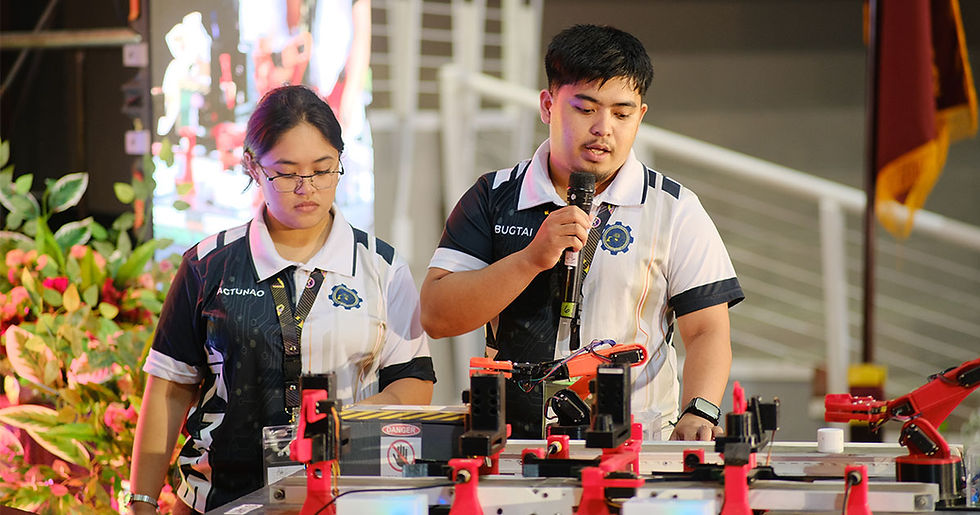Manufacturing for disaster response in Honiara, Solomon Islands
- Field Ready

- May 16, 2023
- 3 min read
Updated: Jun 12, 2023

Field Ready, with the support of the Bureau for Humanitarian Assistance (BHA) – USAID and the Ministry of Environment, Climate Change, Disaster Management and Meteorology (MECDM), is making important strides in rapid response. To help reduce the risk of disasters, we are strengthening local manufacturing capabilities and supplies for humanitarian response and recovery in the Solomon Islands.
Field Ready recently conducted assessments, manufacturer mapping, and meetings with relevant partners. Then a one-day workshop was held that brought together the Government, NGOs, CSOs, local manufacturers, suppliers, and businesses to discuss localizing humanitarian supplies, particularly Non-Food Items (NFIs) that can be built for purpose and suits the Solomon Islands context. During the workshop, Field Ready presented the findings to the stakeholders in the context of the Solomon Islands.
The Solomon Islands government stakeholders were interested in its use in disaster response and, during normal times to be deployed to remote communities to perform infrastructure and community repair works. All stakeholders were interested in the potential of 3D printers in disaster response as well as the implied manufacturing capabilities and requested follow-up training workshops focused on 3D printer setup and Computer Aided Design modeling.
Technical Innovations for Disaster Response
Field Ready introduced the stakeholders to manufacturing innovations, tools and equipment, and WASH products. Specifically:
Field Latrine
The stakeholders were briefed on the Field Ready product development process by being introduced to the Field Latrine and the design stages it went through. Stakeholders were especially interested in the emphasis placed on product monitoring and evaluation and how the feedback attained was used to improve the end-user product further. The Field Latrine presentations included an installation demonstration where all the site location requirements and tools needed for installation were used.
The stakeholders were excited about the design and installation process of the Field Latrine. There were a few concerns about the material's strength and durability as well as the local acceptance of the product. However, after hearing about the monitoring and feedback systems used in Fiji and Vanuatu all stakeholders were eager to deploy the Field Latrine to communities in need in the Solomon Islands.
3D Printing and Disaster Response
The stakeholders were introduced to the 3D printing process and invited to get a closer look at a 3D printer in action for demonstration purposes. The Field Ready Engineer demonstrated the printer setup process and Computer Aided Design (CAD) modeling software. A question-and-answer session was held during which alternative power supply in the field was discussed, along with the outdoor application of printed parts and the limitations of the 3D printing process.
Mobile Makerspace
Field Ready presented the Mobile Makerspace, currently still under development. The Mobile Makerspace is essential to improve disaster response efficiency in the Pacific. In fact, this type of response mechanism was one of Field Ready's first concepts back in 2012. The design behind the Makerspace, the features, and the specialist equipment like the form roller, guttering machine, and the types of 3D printers that will be part of the mobile unit were all presented to the audience.
The technical specifications of the Mobile Makerspace, including dimensions, weights, power supply, materials, and cost, were all discussed extensively.
The stakeholders were amazed by the Disaster Response innovations presented by Field Ready. They pledged to facilitate demand for locally made products and Field Ready will continue to engage closely with MECDM and large aid agencies such as UNICEF, Red Cross, and INGOs. This will help to ensure products are responsive to local priorities and meet (or inform) local standards. This will also promote adoption of local manufacturing solutions into national and agency level plans and policies.

_edited.png)




Comments